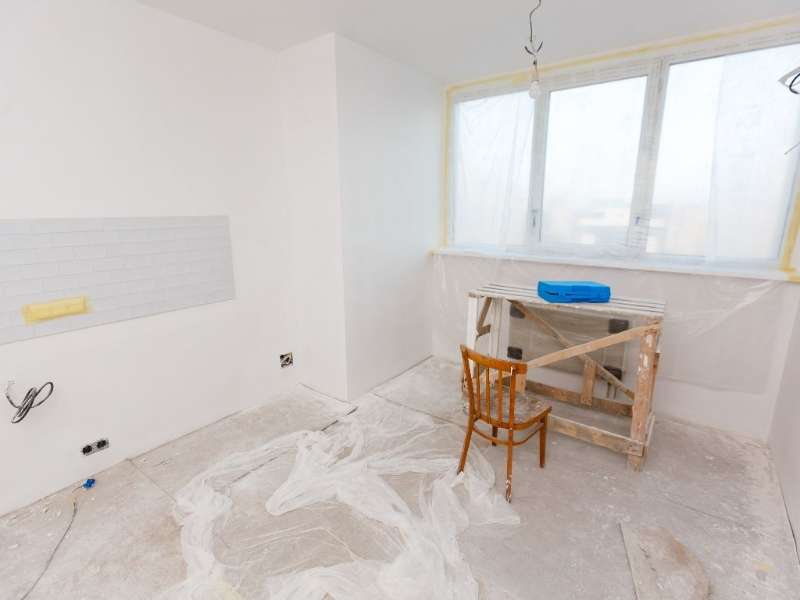Flipping a house means buying a property, renovating it, and selling it for more than you paid. This guide explains the key steps to flip properties successfully in the UK.
Buy Below Market Value
The most important factor is the price you pay. Aim to buy the property at least 20% below its expected sale price. This margin covers renovation costs and leaves room for profit. For example, if a house will sell for £200,000, you should pay no more than £160,000 including renovation and fees.
Choose the Right Location
Location affects how quickly and for how much you can sell. Consider transport, schools, shops, and future developments. In Scotland, cities like Glasgow and Edinburgh offer strong markets. Avoid areas with planning restrictions that could limit renovation or reduce value.
Plan Renovations Carefully
Get fixed quotes from trusted builders before starting work. Focus on improvements that add the most value, such as kitchens and bathrooms. Avoid changing plans mid-renovation to prevent extra costs. For instance, spending £15,000 on kitchen and bathroom upgrades can significantly raise resale value.
Know Your Buyer
Understand who will buy the property. Families want gardens and parking; young professionals prefer modern interiors. Tailor renovations to the target buyer to sell faster and at a better price.
Calculate Profit and Risks
Profit equals sale price minus purchase price, renovation, and fees. Include all costs, such as taxes and loan interest. Aim for a minimum 20% profit margin. Be aware that unexpected costs or market shifts can reduce profit.
Monitor Market Conditions
Property markets fluctuate. Buy when prices are stable or rising. If the market drops, consider renting the property until conditions improve. For example, in a falling market, holding the property as a rental can prevent losses.
Learn and Seek Support
Education reduces risk. Use books, podcasts, and coaching to build knowledge. Mentors can provide practical advice and help avoid mistakes.
Consider Long-Term Investments
Flipping provides quick profit, but holding properties as rentals offers steady income and capital growth over time. Balance short-term flips with long-term investments to build lasting wealth.
Conclusion
Flipping houses requires careful buying, smart renovation, market awareness, and realistic profit planning. Following these steps improves chances of success in the UK property market.



































